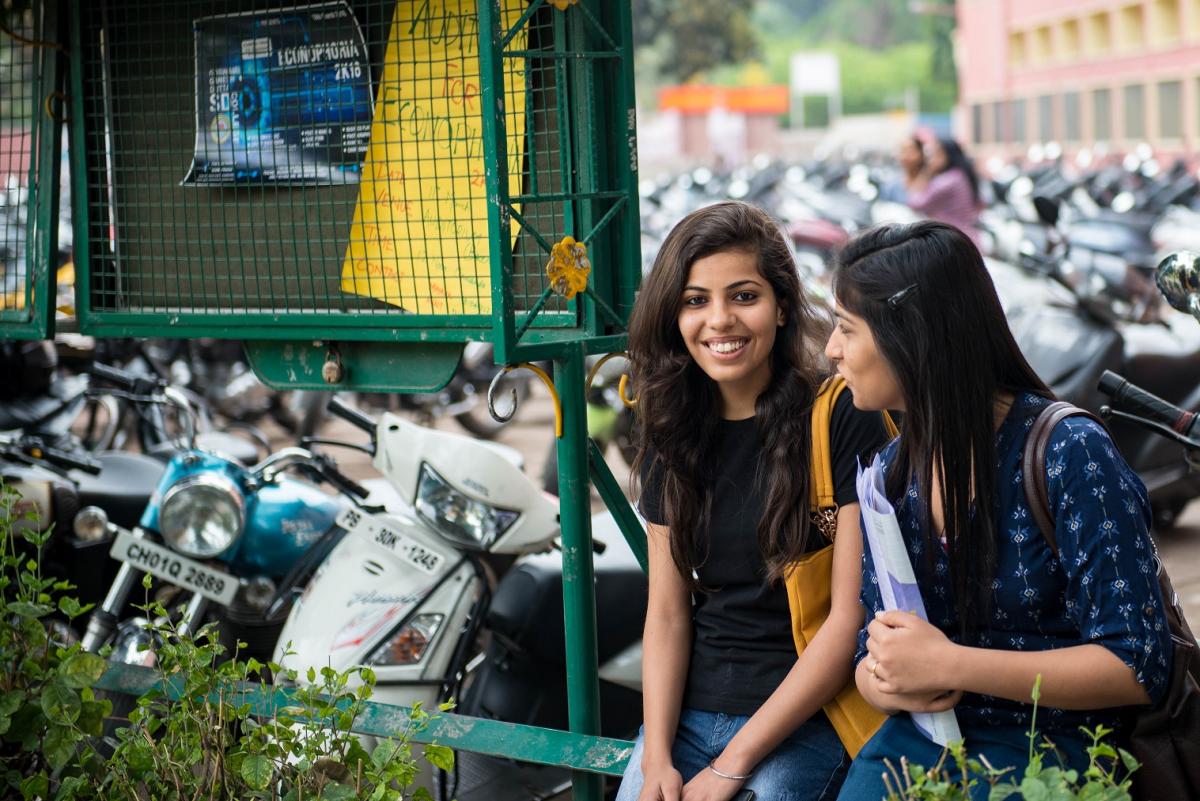
On September 27, 2018, the Governing Board of the State Innovations in Family Planning Services Project Agency (SIFPSA)[1] approved a proposal to establish youth centers in 40 colleges across Uttar Pradesh. The proposal included a budget of 14.8 million Indian rupees (INR) (US $207,500) and an operational plan for all 18 divisions in the state. The centers—designed to increase access to sexual and reproductive health and rights (SRHR) information, and counseling for young people (married and unmarried) ages 16 to 23—are expected to open by April 2019.
This win addresses the shortfalls of existing family planning programs which exclude young people, particularly the unmarried, leading to gaps in SRHR information reaching young people ages 19-24. In January 2014, India launched its National Adolescent Health Strategy (Rashtriya Kishore Swasthya Karyakram) to increase 10 to 19 year-old’s access to SRHR information and services. The strategy mandated the establishment of adolescent-friendly health services in public health facilities. However, when offered at all, services were often limited or located in locations far from where many young people attended school.
Between January and December 2017, Advance Family Planning’s local partner Population Foundation of India (PFI) identified champions from SIFPSA to support advocacy around the issue. PFI presented evidence showing that school and college-based family planning programs can increase knowledge and improve attitudes related to safe sexual behaviors and contraceptive use among young people[2].
Once key SIFPSA champions were in consensus, PFI held an AFP SMART consultation in January 2018. Representatives from SIFPSA, the Indian Medical Association, the Department of Family Welfare, the National Social Service Department of the colleges, and the Adolescent Health and Family Planning division of the Health Department attended the consultation.
Initially, the group proposed a smaller pilot in 25 colleges in one division of Uttar Pradesh, then scaling it up across the state later. However, when the Mission Director reviewed the proposal, he recommended implementing it at scale across all colleges in the 18 divisions in Uttar Pradesh.
After SIFPSA’s governing board approved the proposal in September, stakeholders reconvened to identify next steps. The youth centers are designed to appeal to youth, offer a comfortable space to seek SRHR information and counseling services, and be located in areas convenient for students. In February 2019 SIFPSA began training 25 peer educators from each of the colleges to share appropriate and accurate information with their peers.
Trained adolescent health counselors, private doctors, and auxiliary nurse midwives will visit the colleges once a week to provide family planning counseling. Students seeking services will be referred to nearby youth-friendly public and private health facilities where they can receive them for free. SIFPSA is working at the same time to strengthen local public health facilities to make them more youth-friendly.
PFI plans to remain engaged with SIFPSA to provide technical support for the operational plan and efforts to strengthen local health facilities. SIFPSA will conduct baseline and end line assessments to measure the impact of the initiative.
[1] A joint venture of Government of India, USAID and Government of Uttar Pradesh under Indo-US bilateral agreement for implementing the Innovations in Family Planning Services (IFPS) project in the State.
[2] Wellings, Kaye, et al. “Sexual behaviour in context: a global perspective.” The Lancet 368.9548 (2006): 1706-1728 and Alford, Sue, Nicole Cheetham, and Debra Hauser. “Science and success in developing countries: holistic programs that work to prevent teen pregnancy HIV and sexually transmitted infections.”, 2005.

